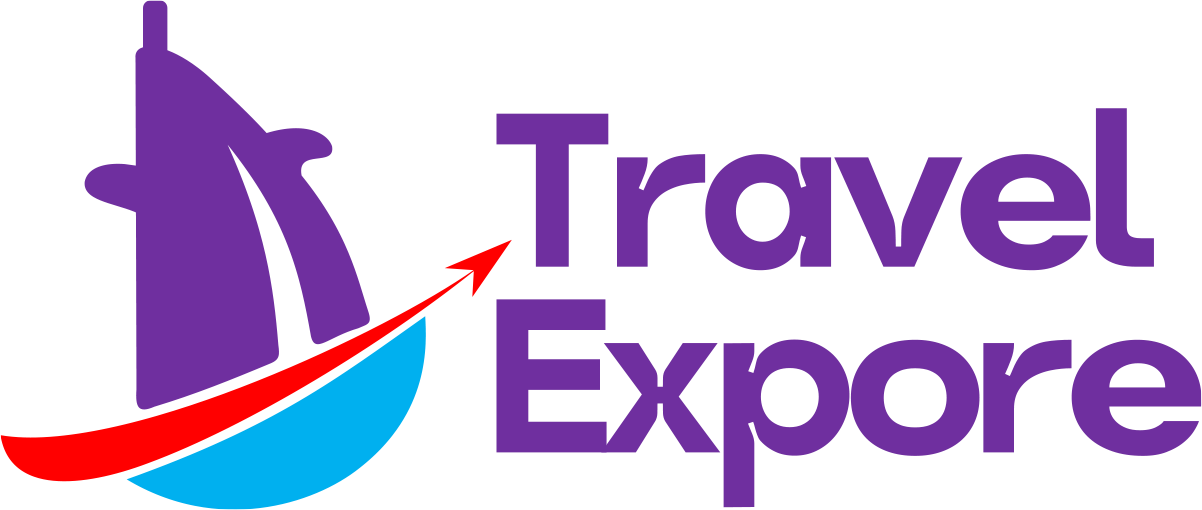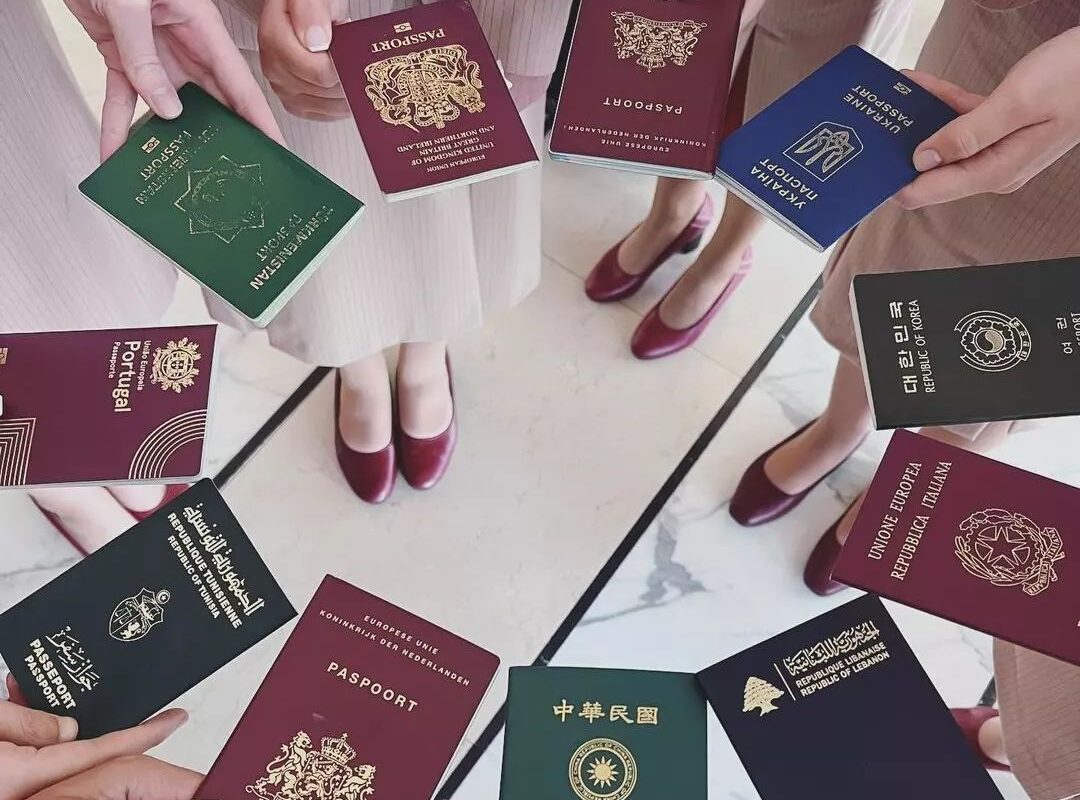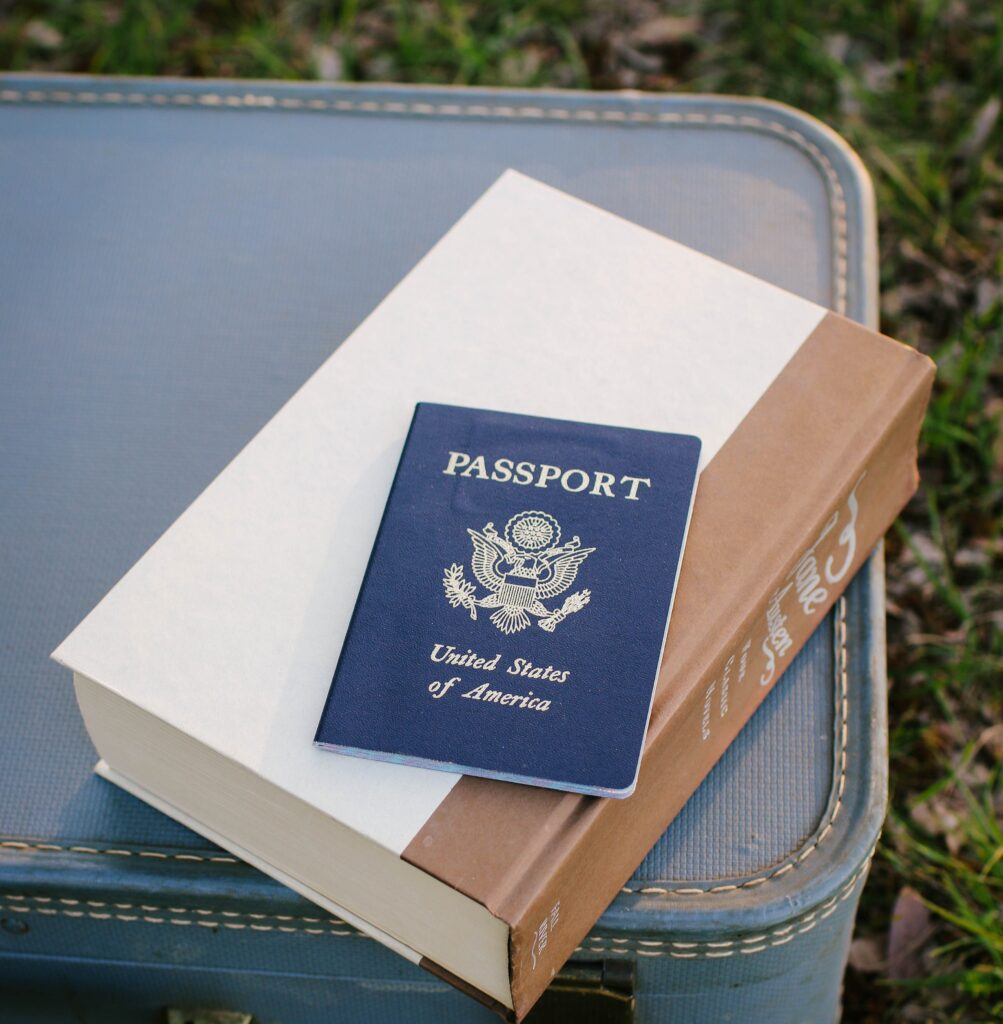
Introduction
In today’s globalized economy, professionals from various fields are increasingly seeking employment abroad to enhance their careers, gain international experience, and immerse themselves in different cultures. One of the most effective tools facilitating this international job hunt is the job seeker visa. Understanding the benefits and requirements of job seeker visas can open doors to global job opportunities and provide a pathway to a fulfilling career abroad.
A job seeker visa is a type of temporary visa that allows individuals to enter a country specifically to look for employment. Unlike work visas, which require a job offer before application, job seeker visas enable applicants to travel to the desired country and search for a job while residing there. This approach provides several advantages, making it an attractive travel route for many.
If you need guidance with this Visa process, reach out to us on WhatsApp: +23409116762327
Why a Job Seeker Visa is a Good Travel Route
- Direct Access to Employers: Being physically present in the country allows job seekers to attend interviews, career fairs, and networking events in person, significantly increasing their chances of securing employment.
- Immersion in the Local Job Market: Understanding the local job market, including its demands, culture, and practices, is easier when one is living in the country. This immersion helps job seekers tailor their applications and approach more effectively.
- Flexibility: Job seeker visas offer a flexible timeframe to find suitable employment. During this period, job seekers can explore various job opportunities, industries, and locations without the immediate pressure of securing a position before arriving.
- Cultural Integration: Living in the country while job hunting allows individuals to adapt to the local lifestyle, learn the language, and build a social network, which can be beneficial both personally and professionally.
- Potential for Permanent Residency: In many cases, securing a job through a job seeker visa can be a stepping stone to obtaining a work visa or even permanent residency, opening the door to long-term career and life opportunities in a new country.
Countries Offering Job Seeker Visas
Here are some countries that offer job seeker visas along with their requirements:
- Germany
- Visa Type: Job Seeker Visa
- Duration: Up to 6 months
- Requirements: Bachelor’s or Master’s degree from a German or recognized foreign university, sufficient funds to cover the stay, and health insurance.
- Portugal
- Visa Type: Job Seeker Visa
- Duration: Up to 6 months (120 days initially, extendable for another 60 days)
- Requirements: Proof of financial means, travel insurance, and evidence of qualifications.
- Austria
- Visa Type: Job Seeker Visa
- Duration: Up to 6 months
- Requirements: Points-based system considering qualifications, work experience, language skills, and age. Proof of funds and health insurance are also needed.
- Sweden
- Visa Type: Job Seeker Visa
- Duration: Up to 9 months
- Requirements: Completed studies corresponding to an advanced level degree, sufficient funds to support oneself during the stay, and health insurance.
- United Arab Emirates (UAE)
- Visa Type: Job Seeker Visa
- Duration: 3, 6, or 12 months
- Requirements: Bachelor’s degree or equivalent, financial means to support the stay, and a refundable security deposit.
- Finland
- Visa Type: Residence Permit for Seeking Work after Graduation
- Duration: Up to 1 year
- Requirements: Completed degree in Finland or a research scholar position, sufficient financial resources, and health insurance.
- South Africa
- Visa Type: Critical Skills Work Visa
- Duration: Up to 12 months
- Requirements: Proof of qualifications and work experience in a critical skills area, proof of financial means, and health insurance.
- New Zealand
- Visa Type: Job Search Visa (part of the Silver Fern Visa category)
- Duration: Up to 9 months
- Requirements: Age between 20-35 years, recognized qualifications, and proof of funds. Note: The Silver Fern Visa category is currently closed and under review.
- Spain
- Visa Type: Job Seeker Visa
- Duration: Up to 12 months
- Requirements: Graduate or postgraduate degree from a recognized university within the past two years, health insurance, and sufficient funds.
- Brazil
- Visa Type: Job Seeker Visa
- Duration: Up to 180 days
- Requirements: Bachelor’s degree or higher, health insurance, proof of funds, and clean criminal record.
Conclusion
Understanding the benefits and requirements of job seeker visas not only facilitates the job search process by providing on-the-ground access to opportunities but also offers a unique chance to experience and integrate into a new culture. For professionals looking to broaden their horizons and enhance their career trajectories, this visa presents a practical and enriching pathway.
If you need guidance with this Visa process, reach out to us on WhatsApp: +23409116762327









